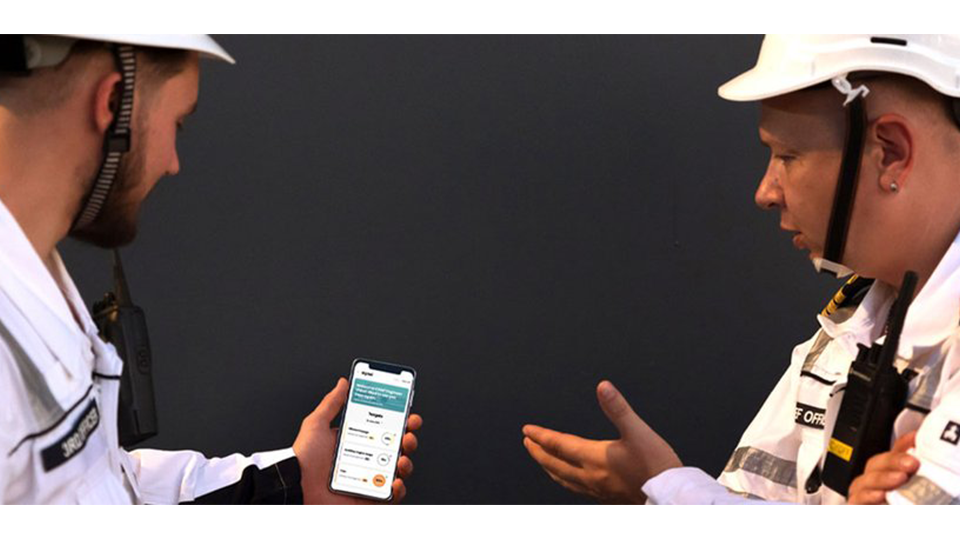Seafarers can be nudged to have an Impact
The trial analysis revealed some promising reductions in bunker fuel consumption on several vessels which will need to be verified by further tests. However, the trial has already shown that the human side of operational efficiency can be a crucial contributor to reducing greenhouse gas emissions and increasing sustainability: Seafarers can be nudged and become aware of their individual influence on major challenges. They can play a key role in reaching our global environmental objectives when empowered by the right feedback.
Nick Topham, Managing Director of BSM Deutschland, says: “I am pleased with the overall outcome of the pilot project as it proved our hypothesis that seafarers are not only important key workers, but also play a valuable role in the decarbonisation of the shipping industry. We are impressed by the individual efforts of all participating Captains and Chief Engineers to reduce fuel consumption and CO2 emissions. In the long run, it can provide a great added value to our owners and charterers’ operations, and to the achievement of climate targets.”
The Schulte Group has strategically invested in Signol through its venture capital arm Innoport. Niklas Körner, Investment Manager at Innoport, was also satisfied with the trial: “The first results are very encouraging and prove Signol’s product-market-fit in maritime. There is still a lot to understand about how to use behavioural change in the most effective way towards greener shipping. Applying behavioural science to vessel operations is an exciting new field for the Schulte Group which requires further research and development work to deliver even more reliable results.”
BSM is committed to exploring and exploiting all opportunities to reduce its carbon footprint: technical, operational and, indeed, behavioural. BSM plans to deepen its cooperation with Signol to conduct additional tests and to further evaluate the benefits and opportunities of behavioural science.









